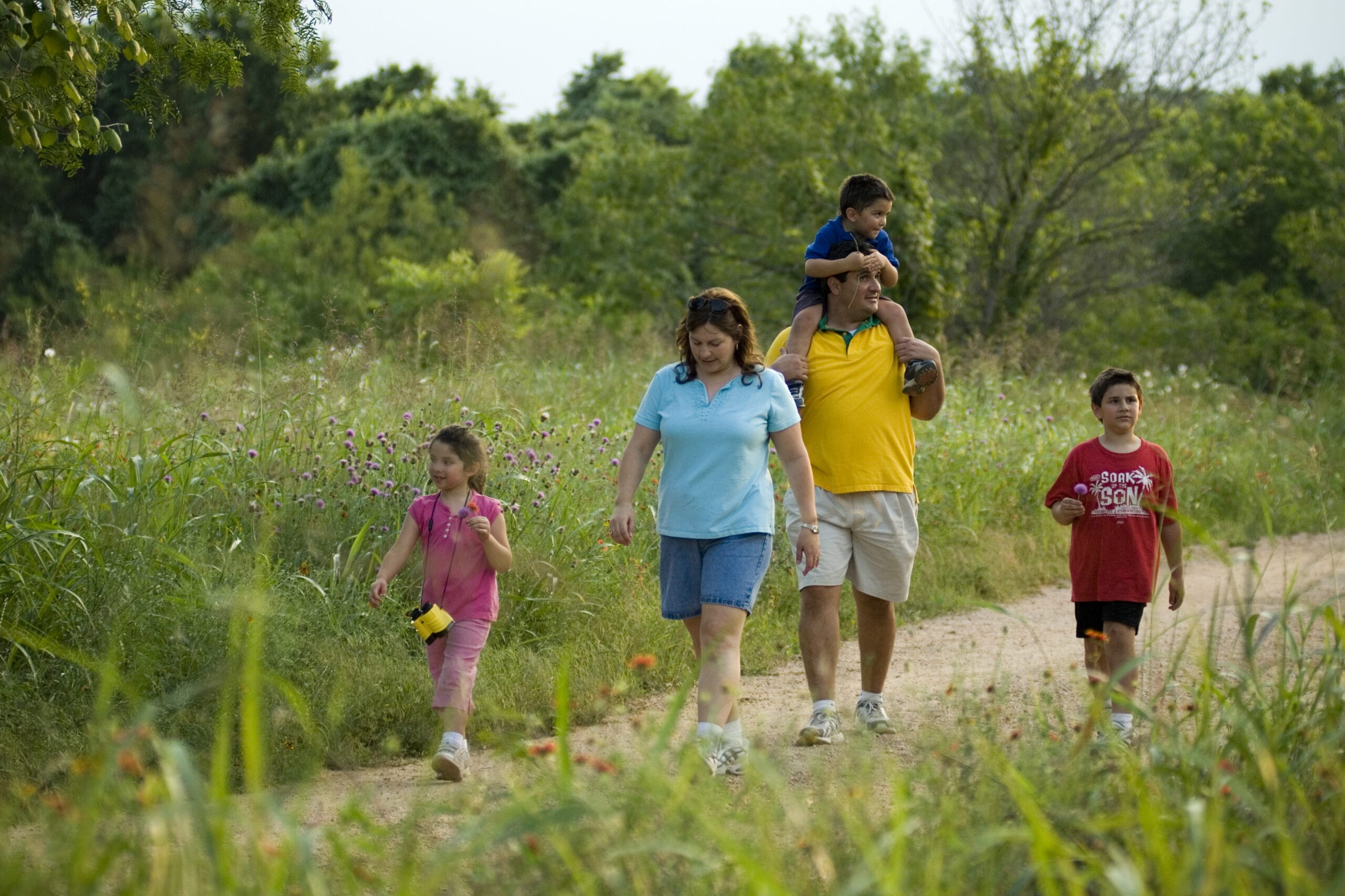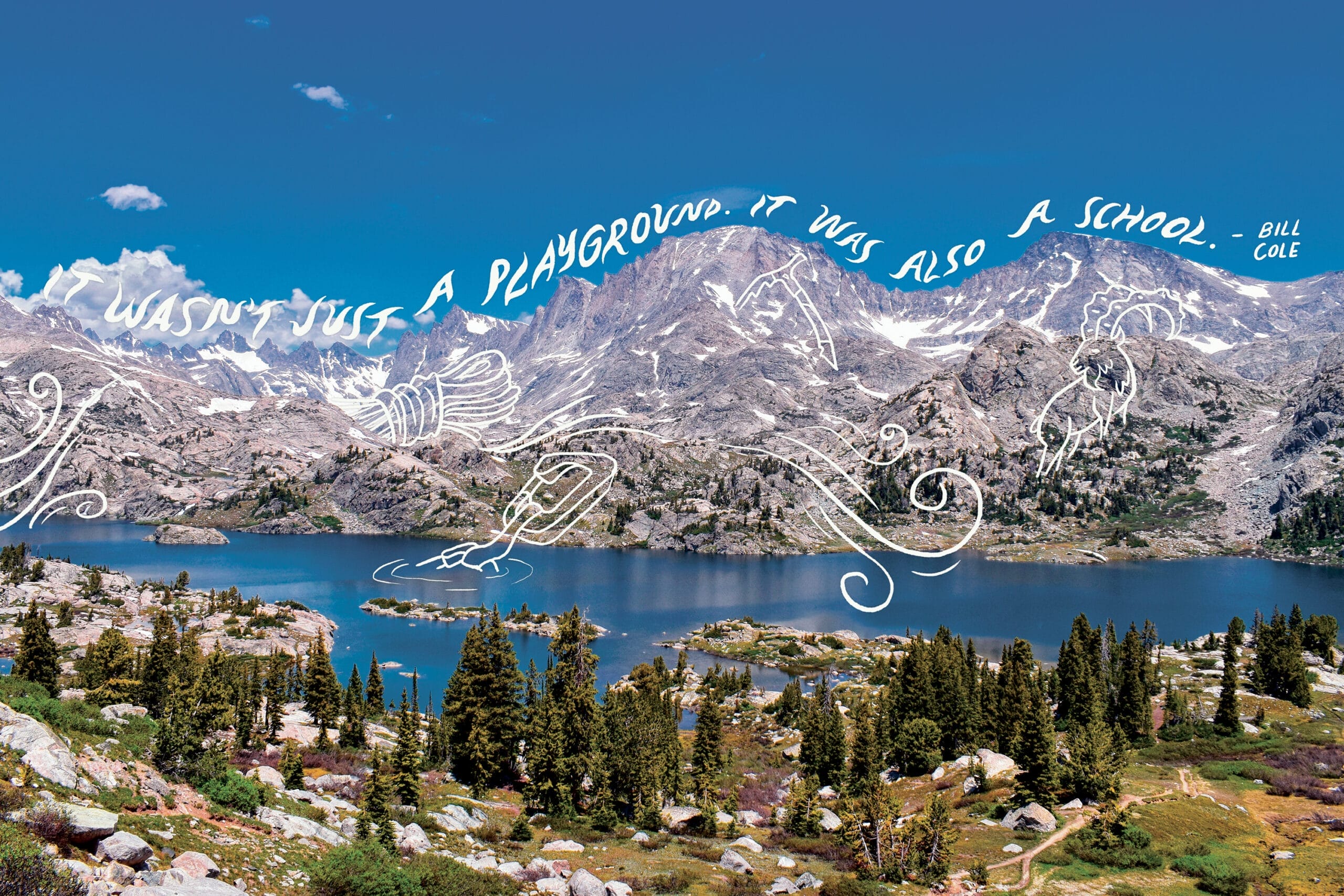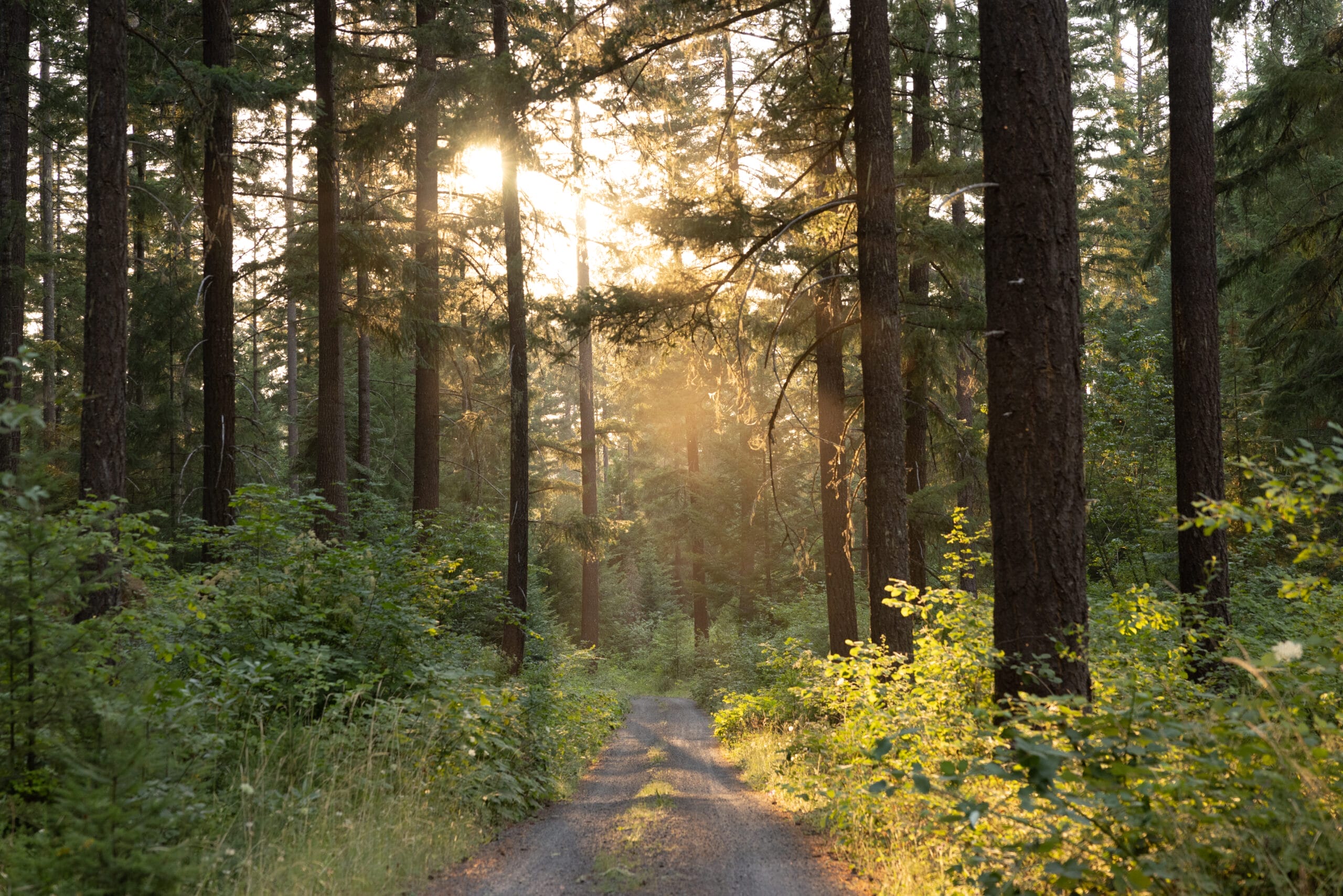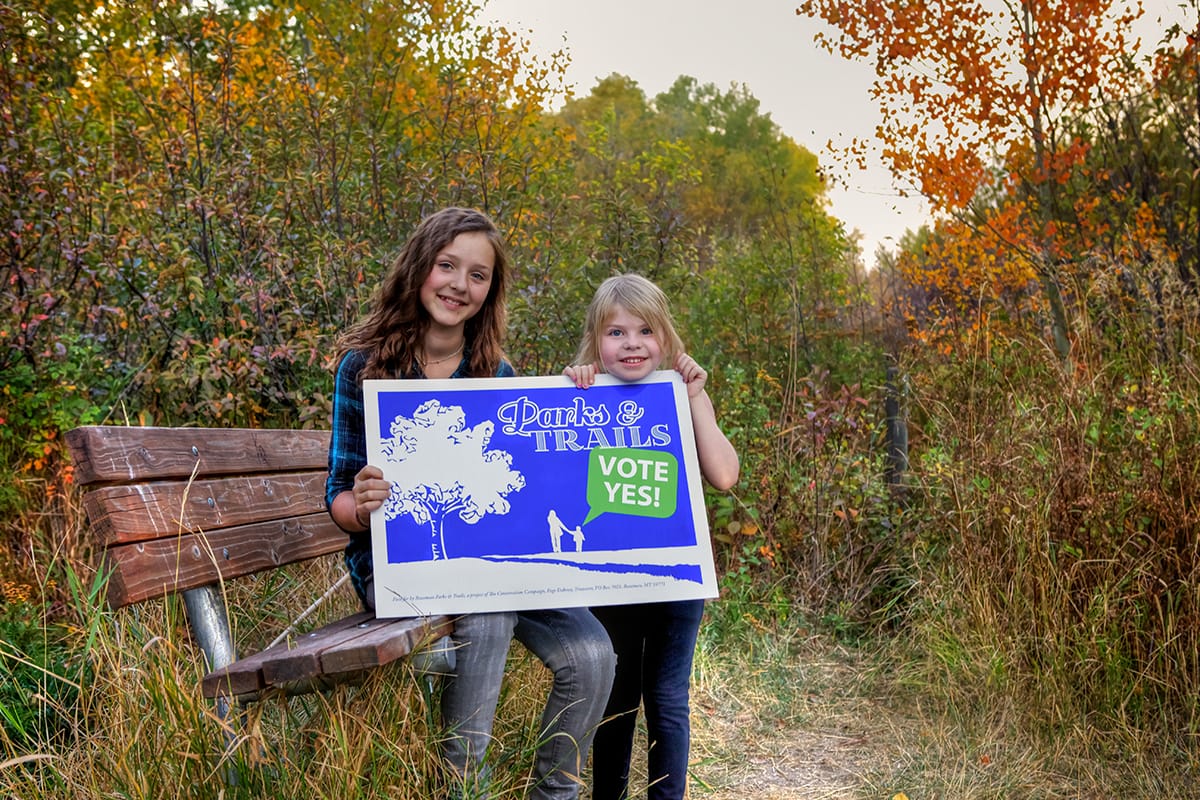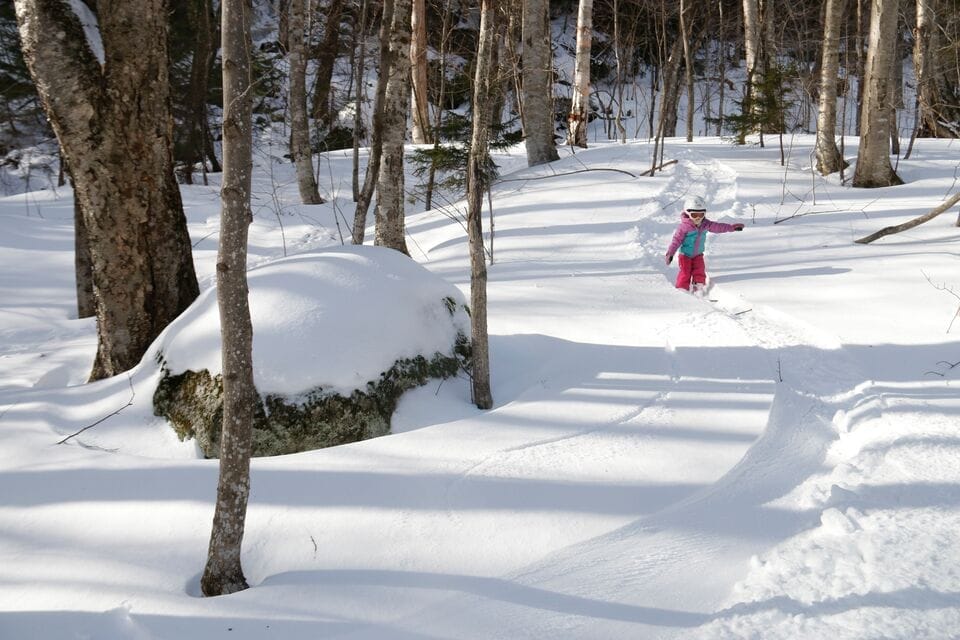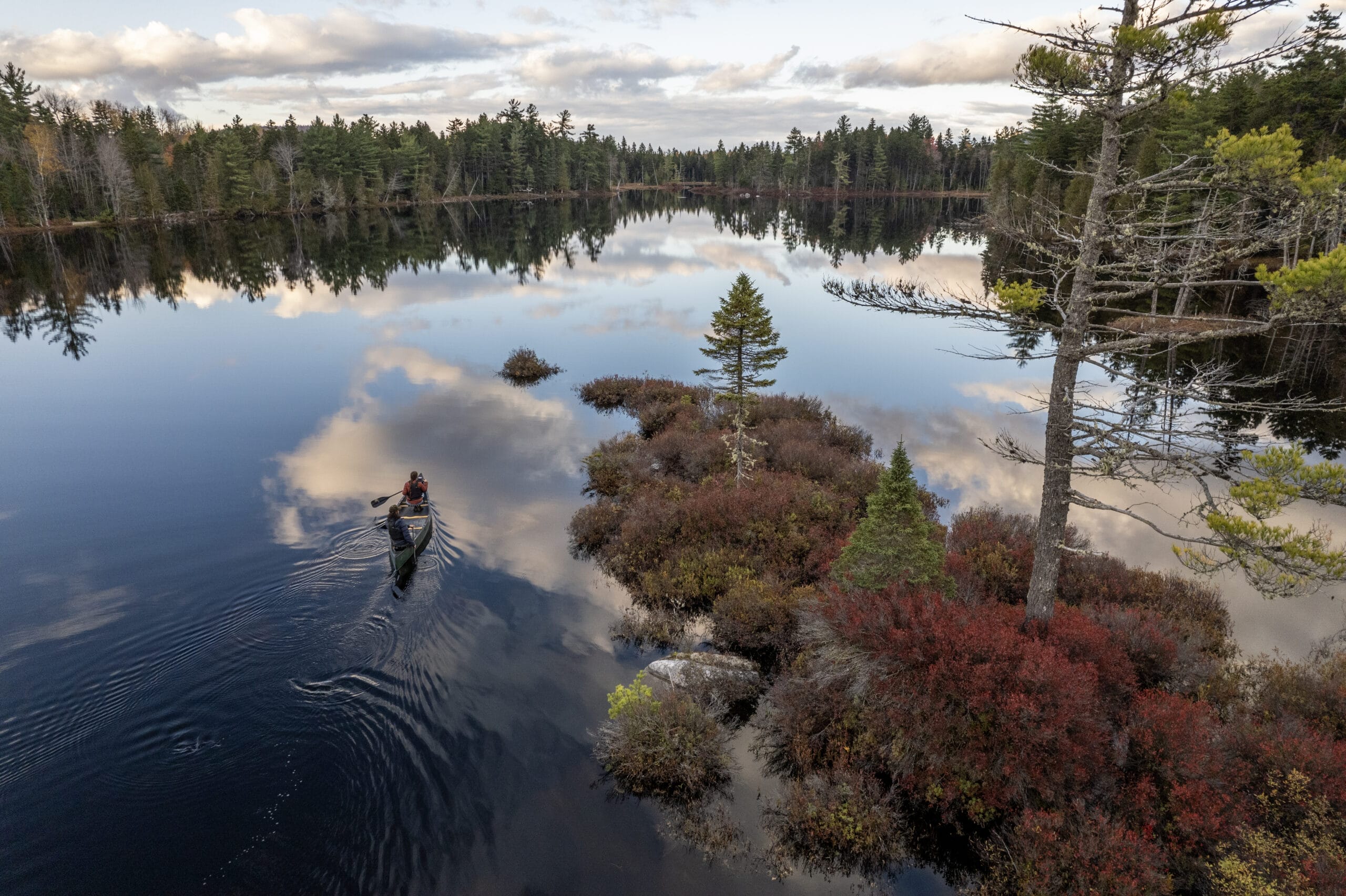
Speaking up for public lands: how to write a letter to your representatives
Speaking up for public lands: how to write a letter to your representatives
No doubt about it, public lands need your help. Social media makes it easier than ever for you to voice your support—but if you really want to make an impression on decision-makers, there’s a lot to be said for doing it the old-fashioned way.
“A lot of people don’t realize the power of writing a letter to their elected officials,” says Trust for Public Land’s Britni Rillera. She joined us after years on Capitol Hill—most recently as a senior staffer for Representative John Lewis of Georgia—so she should know.“Just a tiny fraction of citizens will ever take the time to do it, so one letter can speak as loudly as thousands of votes.”
Whether you want to support or oppose legislation or request a fix at your local park, the personal letter is a tried-and-true way to get your point across. Sure, it takes more time than a hashtag—but with these tips from Rillera, letter-writing doesn’t have to be hard.
1. Choose wisely.
Decisions about public land are made at every level of government, from town councils to the halls of Congress. If you’re fired up about funding national parks, write to your U.S. senator or representative. If you think the city park down the street deserves a new playground, try the mayor.
“Elected officials do want to hear from everyday Americans,” Rillera says. “But their staff is probably crazy busy, so they might not respond to letters from people outside of their constituency.” That’s why it’s important to write to the right person. Need help figuring out who your elected officials are? Start here.
 Former Newark mayor Cory Booker helped the New Jersey city open Nat Turner Park in 2009. Scenes like this wouldn’t be possible without people like you voicing their support for parks.Photo credit: J. Avery Wham Photography
Former Newark mayor Cory Booker helped the New Jersey city open Nat Turner Park in 2009. Scenes like this wouldn’t be possible without people like you voicing their support for parks.Photo credit: J. Avery Wham Photography
2. Get personal.
Do you use a trail or greenway to bike to work—or wish you could? Where do you go hiking with your dog on your day off? Is there a national park that your family visits year after year? Describing your personal connection to public land helps make your letter memorable and authentic. “The more specific you are, the more powerful your message will be,” says Rillera.
3. Share your knowledge.
Even the savviest politicians can’t know everything there is to know about the public land in their districts. What you observe in your daily life might not be so obvious from inside a congressional office: your perspective might actually teach an official something new.
When Representative Lewis’s office was drawing the boundaries of the Martin Luther King, Jr. National Historic Site, Rillera got a letter from a community group who wanted their building included in the park. “They told us King attended all kinds of meetings there, which was something I hadn’t uncovered in my own research,” she recalls. “Because those folks took the initiative, that structure is a part of the park bill today.”
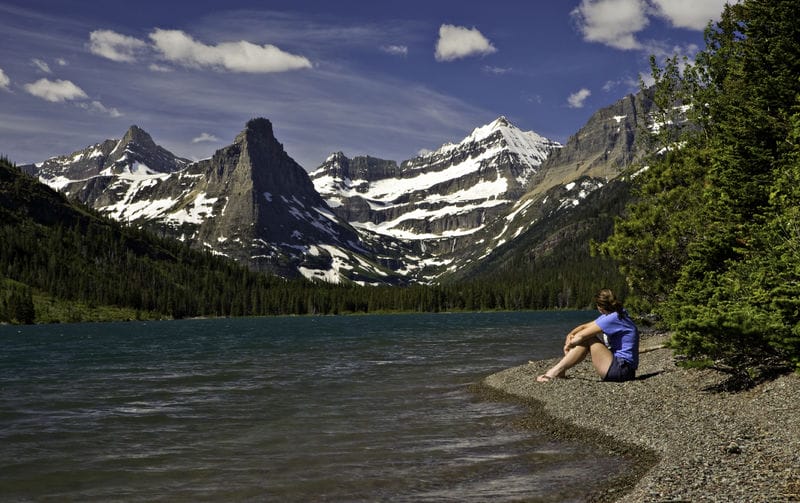 Channel your best park memories into a strong defense of the places you love.Photo credit: Jeff L. Fox
Channel your best park memories into a strong defense of the places you love.Photo credit: Jeff L. Fox
4. Keep it short—and sweet.
You’ll need some space to tell those personal stories, but don’t write a novel: the best letters are no longer than a single typed page. And of course, be civil. Rillera says a strong argument in a respectful tone is more likely to be taken seriously than an all-caps rant.
5. Know what you want.
End your letter with a request. You can be general, such as asking your representative to put public land over private profit, or specific, letting them know how you’d like them to vote on a piece of legislation. (You can use govtrack.us to keep an eye on bills working their way through Congress.)
If your representative is already a staunch supporter of public lands, you might thank them and ask them to keep up the good work. “You can invite them to visit a park in your district that’s special to you, or if you want to be a mega-advocate, request a face-to-face meeting,” Rillera says.
So you’ve sent your letter. Now what?
Once you’ve dropped it in the mail, it’s easy to feel like your letter (and your time!) has disappeared into the vortex of legislative process. But take heart: “I solemnly swear your letter will be read by a real human,” Rillera assures us. Each congressional office has someone responsible for fielding letters, emails, and calls. Staff keep a tally of the messages and take the numbers—plus some of the personal stories behind them—to their boss, the elected official, so that he or she has a read on the most engaged constituents (that’s you!).
Still feeling stuck?
Here’s an example of a letter about H.R. 3650, the State National Forest Act.
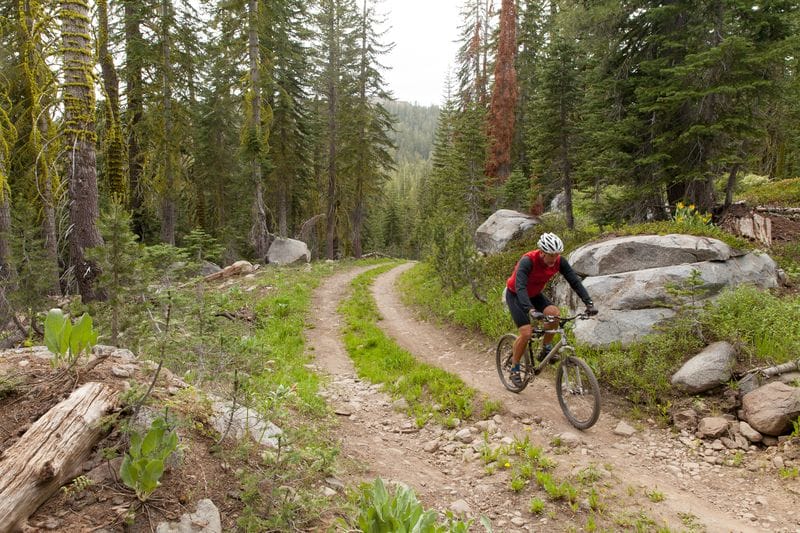 If it passes, H.R. 3650 could transfer millions of acres of federally protected forests to states to be managed “primarily for timber production”—not hiking, biking, camping, or any of the other ways we love to get outside.Photo credit: Scot Hampton
If it passes, H.R. 3650 could transfer millions of acres of federally protected forests to states to be managed “primarily for timber production”—not hiking, biking, camping, or any of the other ways we love to get outside.Photo credit: Scot Hampton
The Honorable [your representative’s name here]
United States House of Representatives
Washington, DC 20515
Dear Ms./Mrs./Mr. [your representative’s last name]:
My name is [your name] and I live in [your town]. I am writing today to express my gratitude for your support of public lands, and to tell you why I hope you will vote against H.R. 3650, the State National Forest Act of 2015.
The Forest Service protects the “land of many uses,” and I have tested that concept thoroughly in my life – from canoeing in the Boundary Waters in northern Minnesota with my grandparents, to hiking through old-growth rainforests in western Washington, to riding my bike through Utah’s La Sal Mountains. I’m grateful for the variety of opportunities I’ve had to encounter nature in our national forests, and I’m proud that—so far—we’ve protected these wonderful places from destruction.
I’m worried about the influence of anti-public lands politicians in Congress, who put forth bills like H.R. 3650, the State National Forest Act. I fear that greed could undo generations of careful work to maintain delicate ecosystems – not to mention the possibility of the public losing access to the land.
I hope we as a country can continue to protect the landscapes that allow for human exploration and sustainable economies, rather than giving in to corporate interests and short-term profit. Please help keep our national forest system strong and vote against H.R. 3650.
Thank you for your time.
Sincerely,
[Your name] [Your address]
One-third of Americans, including 28 million children, lack safe, easy access to a park within a 10-minute walk of home. Urge your senators to pass the Outdoors for All Act to create parks and enhance outdoor recreational opportunities!
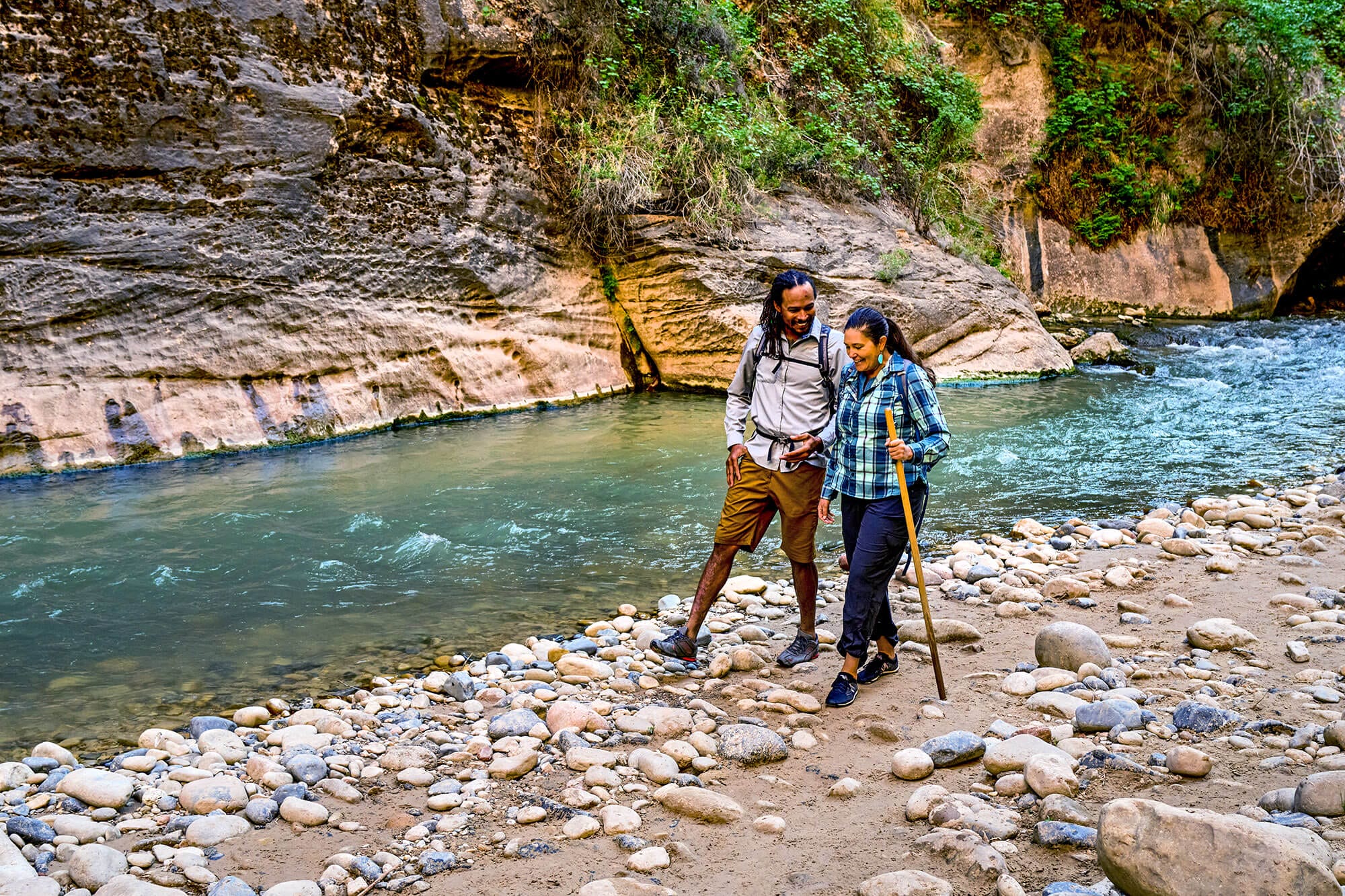
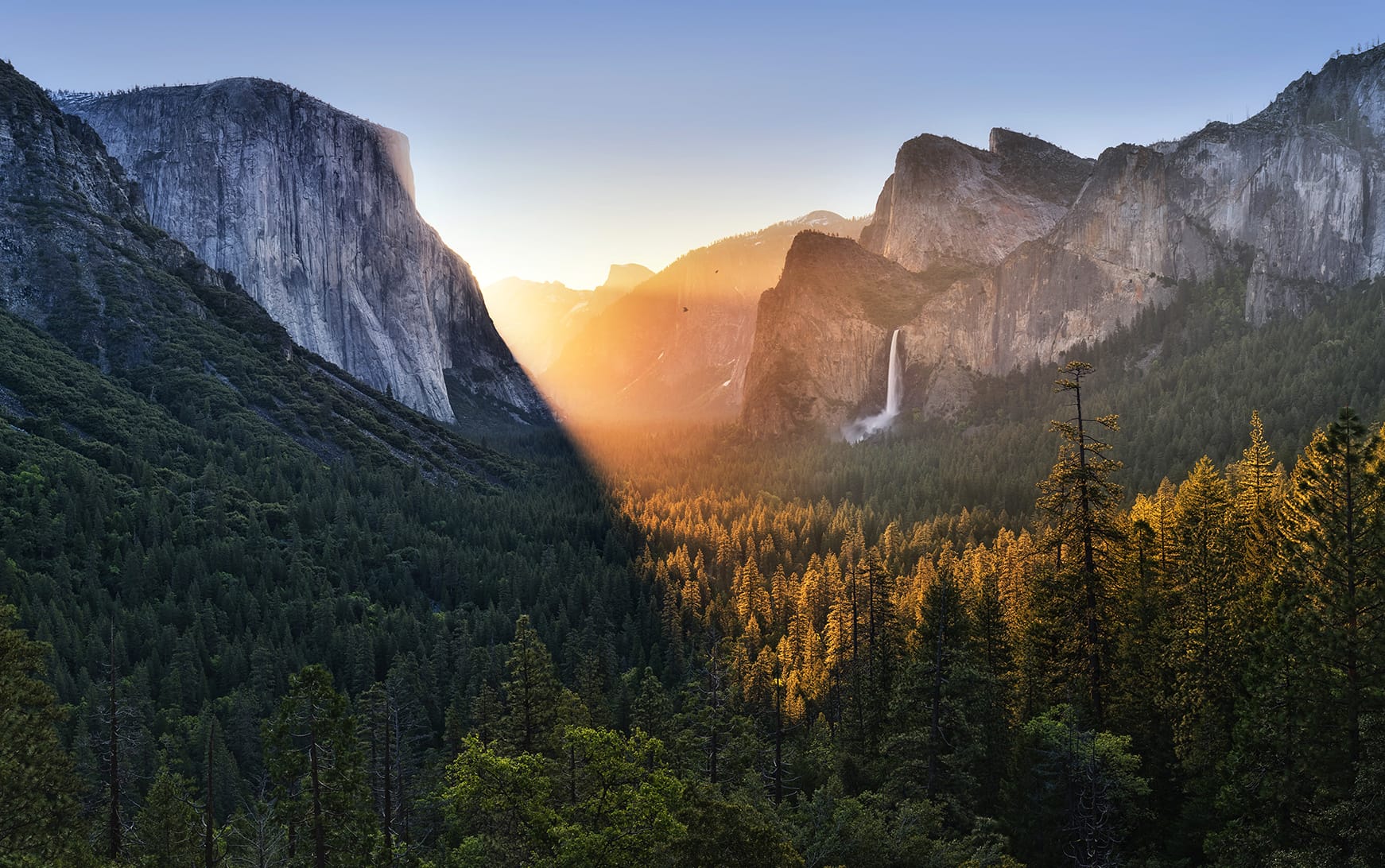
Donate to become a member, and you’ll receive a subscription to Land&People magazine, our biannual publication featuring exclusive, inspiring stories about our work connecting everyone to the outdoors.
See how our supporters are helping us connect people to the outdoors across the country.



